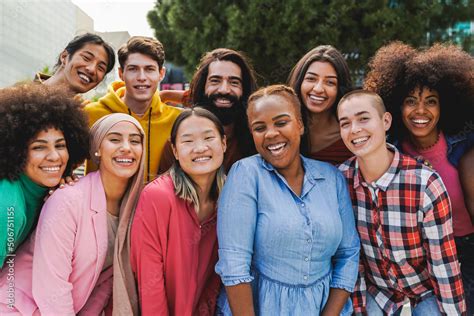The Unspoken Language of Brotherhood: Bonding Through Shared Experience
In a world that often encourages men to prioritize stoicism, the topic of male emotional bonds in non-romantic relationships can sometimes feel overlooked. While women are frequently socialized to express emotions directly and bond through verbal sharing, men often forge deep connections through a different, yet equally powerful, dynamic: shared activity. This isn’t just about ‘hanging out’; it’s a profound mechanism that builds trust, creates history, and provides a safe space for vulnerability to emerge naturally.

The ‘Side-by-Side’ Connection
Unlike ‘face-to-face’ bonding, which often characterizes female friendships centered on direct conversation and emotional disclosure, many male friendships thrive ‘side-by-side.’ This means engaging in a common pursuit – whether it’s playing a sport, working on a car, building a project, hiking, or even just watching a game. The activity itself becomes the focal point, reducing pressure for intense verbal communication and allowing a comfortable intimacy to develop organically.
Through these shared experiences, men learn about each other’s character: their resilience, their humor, their problem-solving skills, and their reliability. These observations, rather than explicit declarations, form the bedrock of mutual respect and understanding. The shared goal, challenge, or enjoyment provides a common ground that transcends individual differences, fostering a sense of camaraderie and belonging.
Creating a Low-Pressure Environment for Vulnerability
Shared activities offer a non-threatening environment where deeper conversations can arise naturally. When men are focused on an external task, the intensity of direct emotional discussion is diffused. Moments of vulnerability often occur in the pauses – during a break from an intense game, after a challenging hike, or while winding down after a project. The shared experience acts as a catalyst, creating a context where personal thoughts, stresses, or challenges can be brought up without the feeling of a direct ‘interrogation.’ This indirect approach often feels more comfortable and authentic for many men, allowing for genuine self-disclosure to emerge organically rather than feeling forced.

Building a Reservoir of Shared Memories and Identity
Over time, these repeated shared activities accumulate into a rich tapestry of collective memories. Inside jokes, overcoming challenges together, celebrating victories, or commiserating over defeats – these experiences become part of the shared history between friends. This reservoir of memories doesn’t just provide nostalgic moments; it forms a unique narrative that strengthens the bond and solidifies a shared identity. When men refer back to ‘that time we…’, they are not just recounting an event, but reinforcing the foundations of their relationship and the unique connection they share.

Facilitating Mutual Support and Understanding
Beyond the immediate enjoyment, shared activities serve as critical platforms for men to offer and receive mutual support. A friend who consistently shows up to help with a house project, who commits to a weekly game, or who shares a passion for a particular hobby, demonstrates loyalty and care through action. These consistent engagements build trust and reliability, making it easier for men to lean on each other during tough times. The unspoken understanding that develops from years of shared experiences often means that one friend can offer support or insight without needing extensive explanation, having already observed and understood the other’s character through a multitude of situations.

Conclusion: More Than Just Hobbies
In essence, shared activities are not mere pastimes but crucial conduits for strengthening emotional bonds between men in non-romantic relationships. They provide a unique and often preferred pathway for connection, fostering trust, creating shared histories, and offering a low-pressure environment for emotional intimacy to flourish. Recognizing the profound role these activities play is essential for understanding the unique dynamics of male friendship and for promoting healthier, more connected communities for men.




